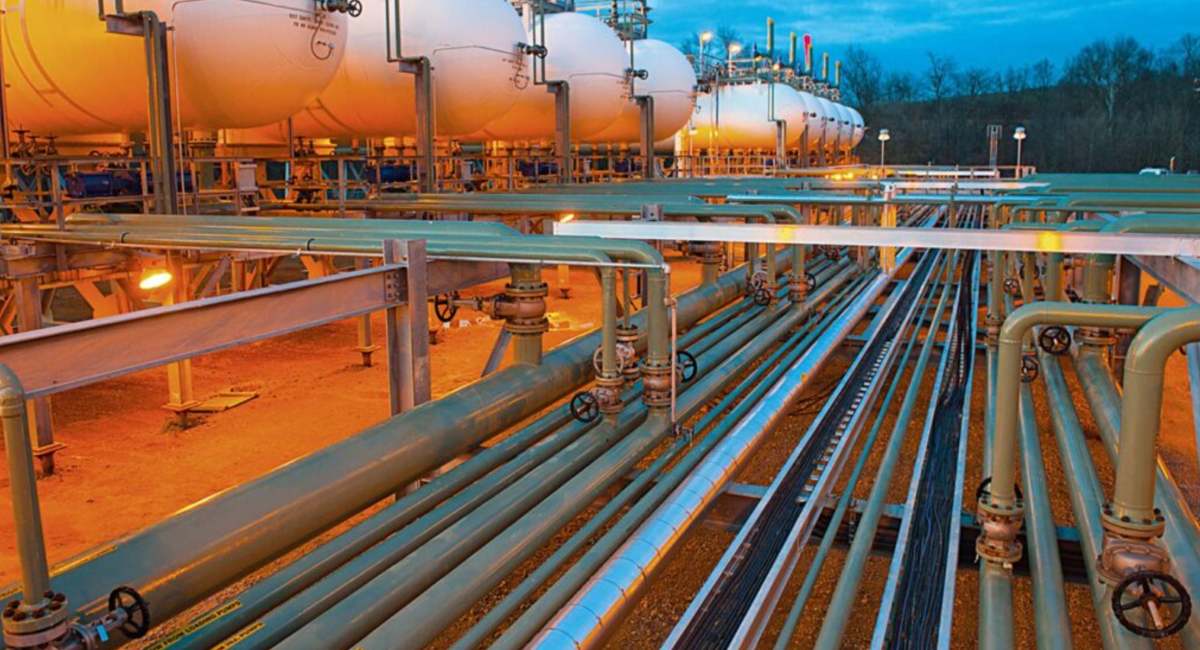US gas prices surged to $4.25/MMBtu in the trading session on February 19, as the cold front of the Arctic swept through, increasing demand for heating and threatening supply due to the risk of production freezing.
According to Maxar's latest weather forecast, colder temperatures are expected to cover the central and eastern United States through early March. This has caused a spike in gas demand, with current consumption reaching 3.47 billion cubic meters/day, up 21% over the same period last year.
In terms of supply, US dry gas output reached 300 billion cubic meters/day, slightly higher than last year but still vulnerable to disruption due to harsh weather.
Meanwhile, the latest report from the US Energy Information Administration (EIA) shows that gas withdrawal from reserves in the week ended February 7 was 2.83 billion cubic meters, higher than the forecast of 2.58 billion cubic meters.
US gas reserves are currently 2.8% lower than the 5-year average, increasing supply pressure in the market.

Traders expect gas prices to test resistance at $4.442/MMBtu, while if they fall below the support level of $4.020/MMBtu, the trend could reverse down. However, price pressure will continue if production is unstable and liquefied natural gas (LNG) exports do not decrease.
Meanwhile, gas prices in Europe continue to fluctuate strongly, fluctuating around 49 euros/MWh. Traders are assessing the urgent need to supplement reserves before the coming winter. Last week, Germany, France and Italy proposed loosening EU gas reserve requirements to stabilize the market.
Currently, the EU's gas reserves are below 45% of capacity, making it difficult to reach the 90% target on November 1.
This figure is significantly lower than the 67% in the same period last year and an average of 51% in the past 10 years.
The reason is the colder winter, reduced wind power output due to low wind speeds, along with Ukraine's termination of Russian gas transit to Europe.
With double pressure from weather and tight supply, the global gas market is still facing many unpredictable fluctuations.











